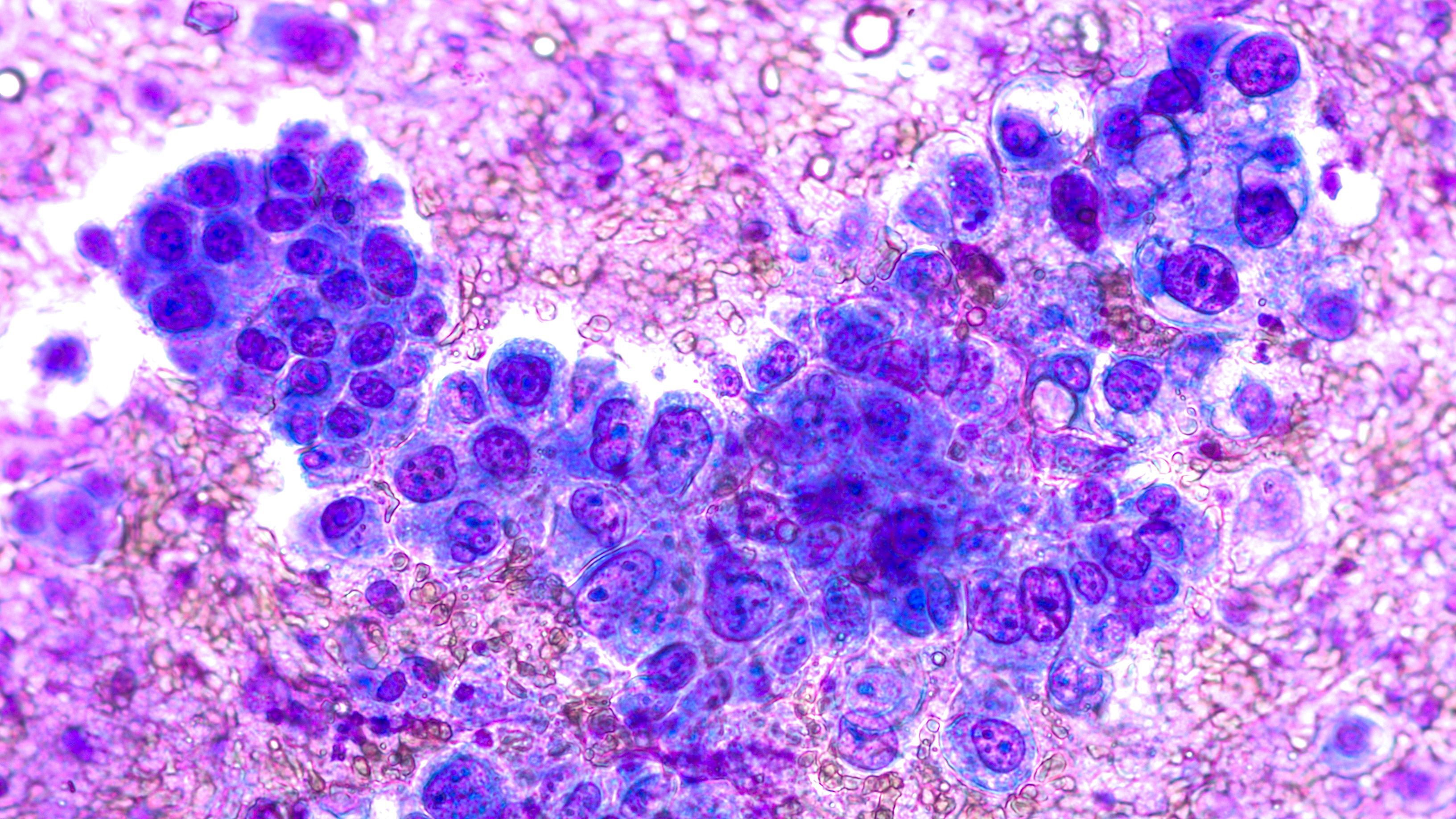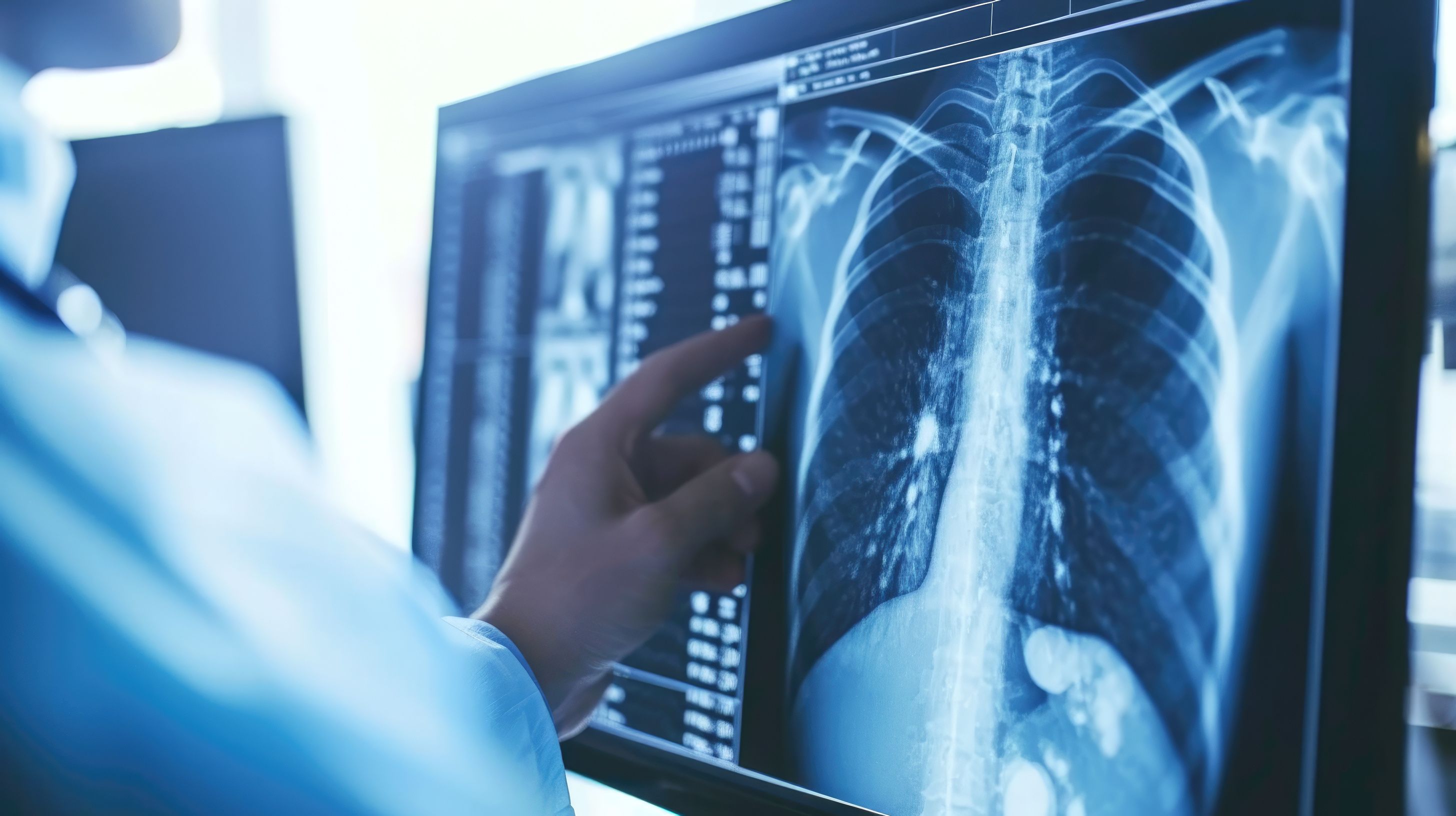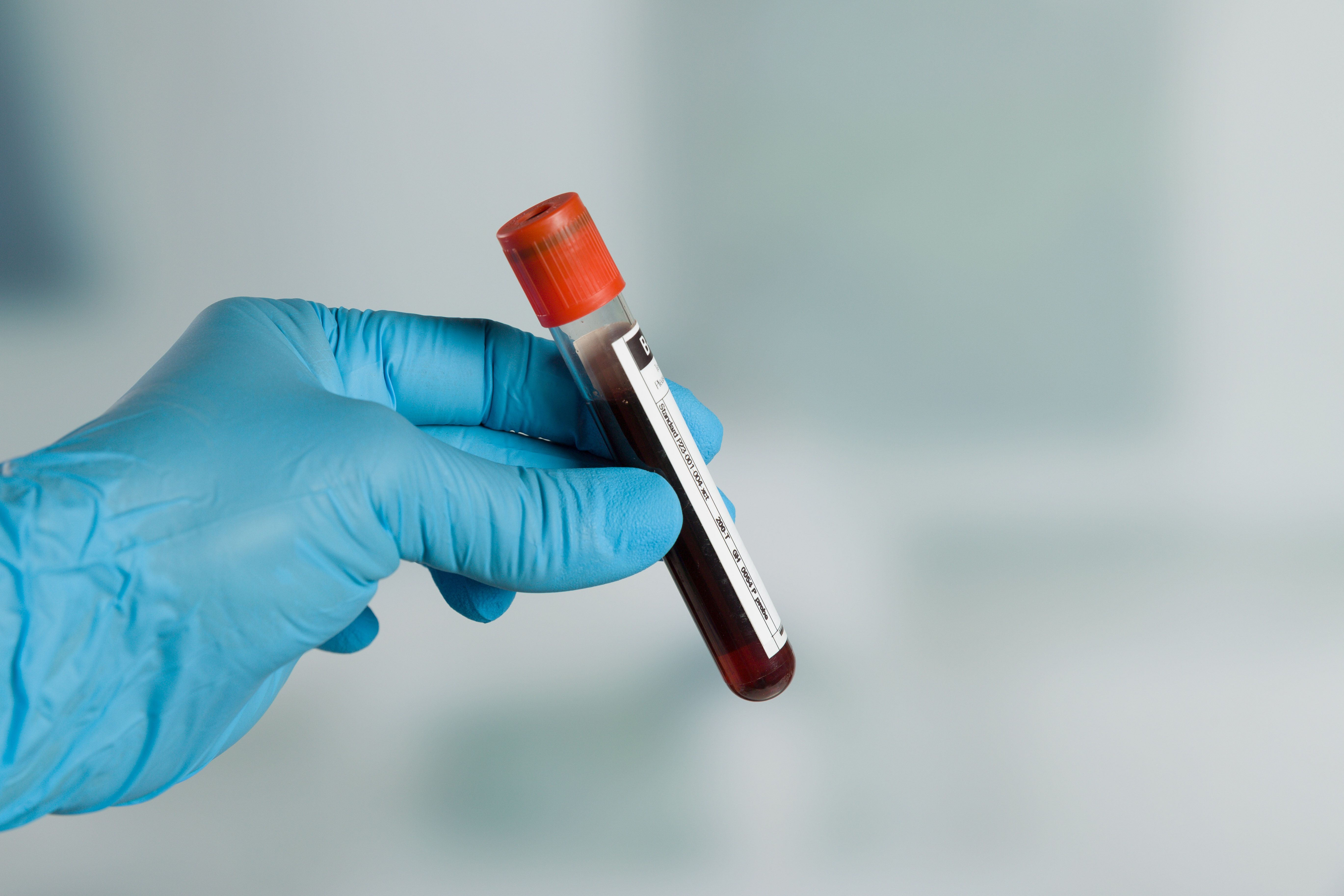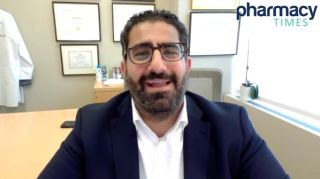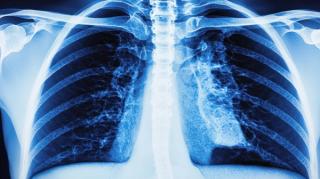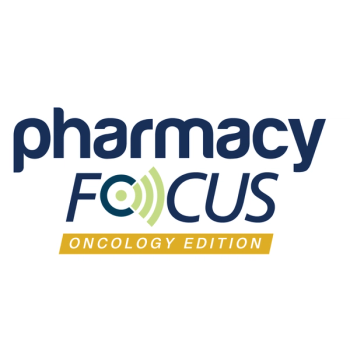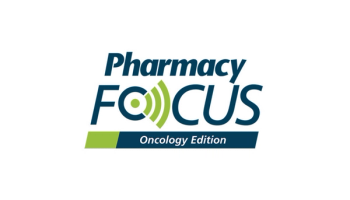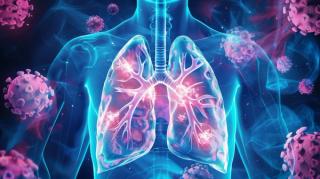
Lung Cancer
Latest News
Latest Videos

Shorts

Podcasts
CME Content
More News

FDA approves Rybrevant Faspro, a groundbreaking subcutaneous therapy for EGFR-mutated lung cancer, enhancing patient comfort and survival rates.

Pharmacists can help close the lung cancer screening gap by identifying high-risk tobacco users, increasing awareness, and connecting eligible patients to lifesaving early detection.

Expanding lung cancer screening to an age-based model significantly enhances early detection, potentially saving over 26,000 lives annually in the US.

The approval is based on results from the phase 3 DeLLphi-304 clinical trial.

The FDA accelerates approval of sevabertinib for advanced non–small cell lung cancer, showcasing promising efficacy and manageable safety in clinical trials.
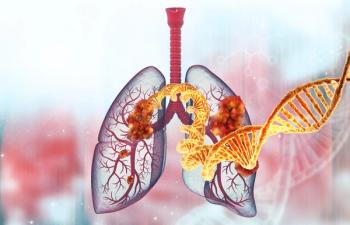
Neladalkib offers durable responses and reduced side effects in TKI-pretreated patients.
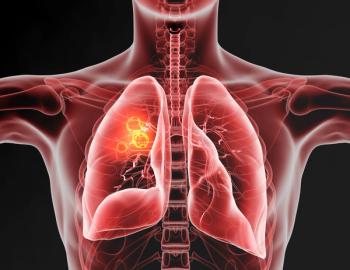
Patients with non–small cell lung cancer (NSCLC) had an objective response rate of about 77%.

Although further data will be presented in 2026, lifileucel shows promise as a 1-time treatment for advanced non–small cell lung cancer (NSCLC).
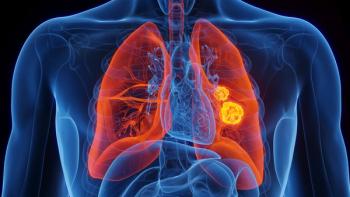
Data from multiple KEYNOTE clinical trials support the sustained survival benefits of pembrolizumab in non–small cell lung cancer (NSCLC).

Emerging biomarkers and targeted therapies are reshaping the landscape of lung cancer treatment and drug development.

Advances in targeted therapies, combination approaches, and novel treatment strategies are shaping the management of drug-resistant lung cancer.

Insights from ESMO 2025 highlight advancements in non-small cell lung cancer treatment, focusing on novel therapies and molecular diagnostics.
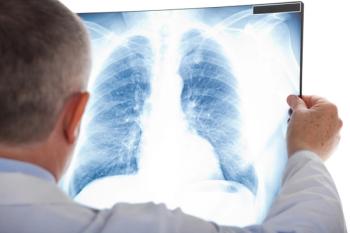
TACTI-004 follows 2 clinical trials, TACTI-002 and INSIGHT-003, which also assessed efti with pembrolizumab in first-line treatment of non–small cell lung cancer (NSCLC).
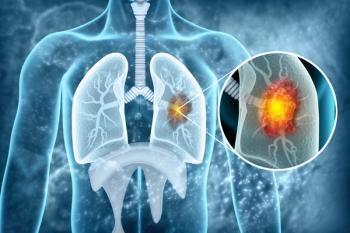
Aumolertinib and osimertinib show similar efficacy and safety when treating patients with EGFR-mutant non–small cell lung cancer (NSCLC), providing valuable insights for treatment optimization.

The approval was based on positive efficacy and safety indications from the IMforte clinical trial of patients with extensive-stage small cell lung cancer (SCLC).
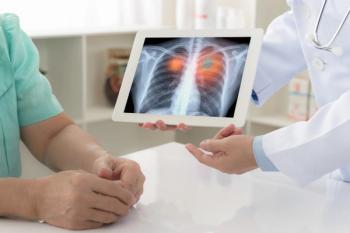
Recent findings reveal that stereotactic radiation therapy (SABR) offers long-term survival outcomes comparable to surgery in patients with early non–small cell lung cancer (NSCLC).
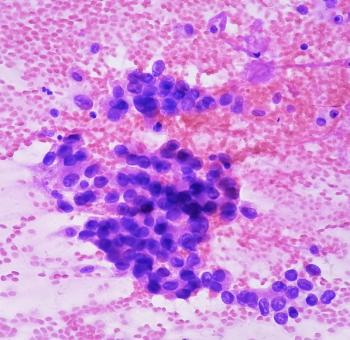
Interim trial data presented at the 2025 World Conference on Lung Cancer shows pumitamig’s promising efficacy in patients with extensive stage small cell lung cancer (ES-SCLC).

FDA Approves Keytruda Qlex Subcutaneous Injection for Adult and Pediatric Patients With Solid Tumors
The approval is supported by findings from the MK-3475A-D77 study.
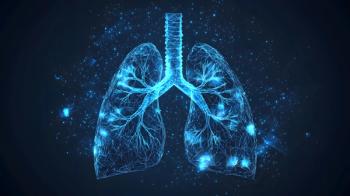
NCCN updated its small-cell lung cancer guidelines, introducing lurbinectedin for maintenance therapy and removing the chemotherapy-free interval for better treatment strategies.

Cemiplimab was also superior in improving progression-free survival, objective response rate, and duration of response in patients with non–small cell lung cancer (NSCLC).
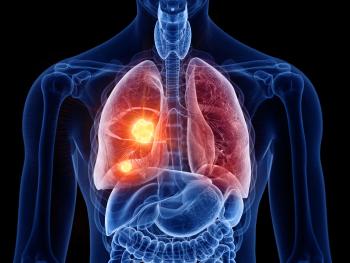
Promising phase 2 results for taletrectinib in ROS1+ lung cancer show significant tumor shrinkage and manageable adverse effects.

A recent phase 3 study reveals osimertinib combined with chemotherapy offers unprecedented survival rates for patients with advanced EGFR-mutated lung cancer.
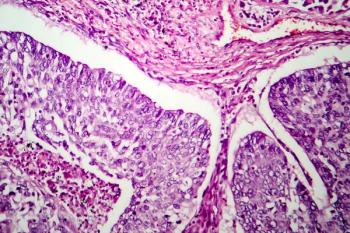
When combined with an anti–PD-L1 therapy, tarlatamab significantly improves overall survival in patients with extensive-stage small cell lung cancer (ES-SCLC).
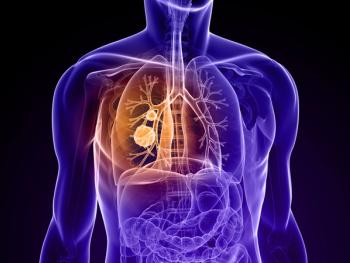
The treatment was generally well-tolerated in patients with ROS1-positive (ROS1+) non–small cell lung cancer (NSCLC).

The FDA designates olomorasib as a breakthrough therapy, enhancing treatment options for advanced non-small cell lung cancer (NSCLC) with KRAS G12C mutations.

